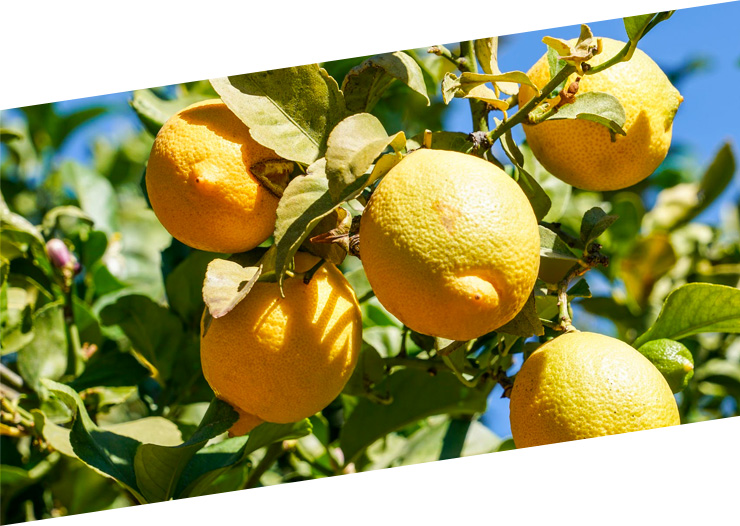
As Mango Goes Mainstream, Innovative Powder Formulation Creates Potential for New Applications
Ingredient Trends, Non-dairy Ingredients
Bringing Mango to the Masses
Bluegrass Ingredients On-site Hiring Event | March 19 | Glasgow, KY.
Everybody knows what a lemon tastes like. Nothing else matches that sour, lip-puckering flavor. Yet despite that iconic taste, lemons are one of the most popular not-so-secret ingredients in the food industry. They’re used for a lot more than lemonade. Experienced cooks know that a squeeze of fresh lemon juice can make everything from a pot of chili to a cherry pie come to life with enhanced complexity and fuller flavors.
Lemon’s ability to enhance otherwise bland flavors is due to its high acid content. While this acid and lemon flavor might be too intense on its own, it offers a delicious contrast to other flavors. When you eat food with a lot of fat, the oils coat your tongue and dull your taste buds. The acid in a lemon cuts through that layer, creating a contrast and a freshness that makes the food more flavorful. It’s why fish and chips are served with a wedge of lemon.
The flavor experts at food manufacturers understand lemon’s power over the palette.
Lemon juice is a vital ingredient in countless products and a key element of winning flavor formulations. It adds depth and freshness to packaged juices and beverages, baked goods and desserts, soups, snacks, pastas and more. It’s popular across cultures and cuisines. Few ingredients are more fundamental to our shared love of food than lemon juice.

Despite lemon juice’s widespread applications, it does pose challenges for food manufacturers. Lemon juice contains a lot of water, making it challenging to ship and store. It requires refrigeration, and drums can be hard to work with in manufacturing settings. It can also be difficult to ensure uniform dilutions across batches, which can significantly impact the flavor of the finished product.
Lemon powder offers an easier formulation without sacrificing flavor.
With lemon juice powder, manufacturers are not paying to ship extra water. Dehydrated lemon powder has a longer shelf life than lemon juice and does not need to be refrigerated. Exact portions can be weighed and distributed easily without working with large drums of liquid or worrying about spillage.
What’s more, lemon juice powder can be formulated to exact specifications and can be concentrated to deliver added acidity without adding liquid or otherwise altering the composition of the end product. In addition to meeting clean-label demands, lemon powder includes vitamin C and other nutrients, and is available in organic formulations that can further enhance product offerings for health-conscious customers.

The citrus powder sector is poised for significant growth – Data Bridge projects a 7.4 percent growth rate through 2027, driven by growing demand for natural flavors. Related factors analysts cited include increasing applications for citrus powder and rising awareness about the advantages of citrus powder as compared to the other artificial agents.

As these projections show, citrus powder is likely to see increased demand as manufacturers look to ease manufacturing and logistics concerns by replacing lemon juice with lemon powder. Yet this substitution requires dedicated testing and product refinement.
Finding the right partner to oversee this shift in ingredients is essential.
Bluegrass Ingredients has served as that partner for countless food manufacturers, helping companies achieve better flavors with better ingredients, without sacrificing cost or quality. We manufacturer a wide range of citrus powders, including:
The result is a broad array of citrus powder offerings that can be used to enhance flavor and improve the manufacturing process to create an end product that satisfies always-evolving consumer demands. Bluegrass is committed to helping leading food manufacturers and flavor houses anticipate and capitalize on these trends through close collaboration and product development rooted in our Agile Ingredient Innovation approach.
From matching the exact taste and texture of an existing product to innovating a brand new application or ingredient profile, Bluegrass has spent the last quarter century inventing and improving the future of food.